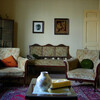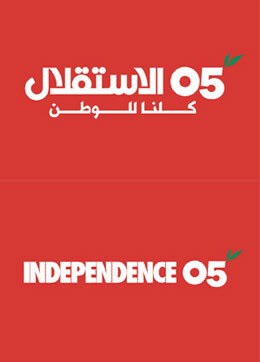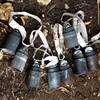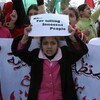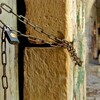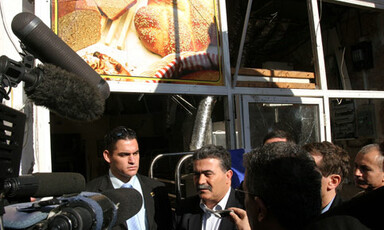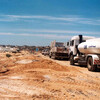
UN to hold seminar next week on aid to Palestinians in light of Israeli occupation
31 January 2007
A United Nations Seminar on Assistance to the Palestinian People will be held in Qatar next week in an effort to ease the social, economic and humanitarian emergencies in the Occupied Palestinian Territory stemming from the Israeli occupation. “The role of donor countries and institutions, as well as that of other international actors is of vital importance,” the UN Committee on the Exercise of the Inalienable Rights of the Palestinian People said in a statement on the meeting it is organizing on 5 and 6 February in Doha, the Qatari capital. It had been observing with concern the deepening economic and social crisis unfolding in the territory. Read more about UN to hold seminar next week on aid to Palestinians in light of Israeli occupation

